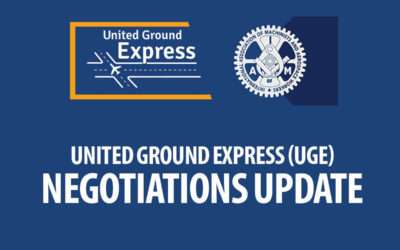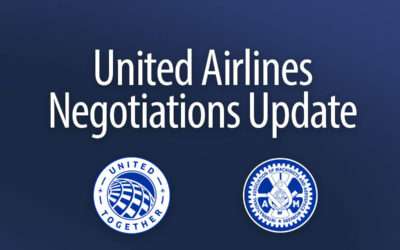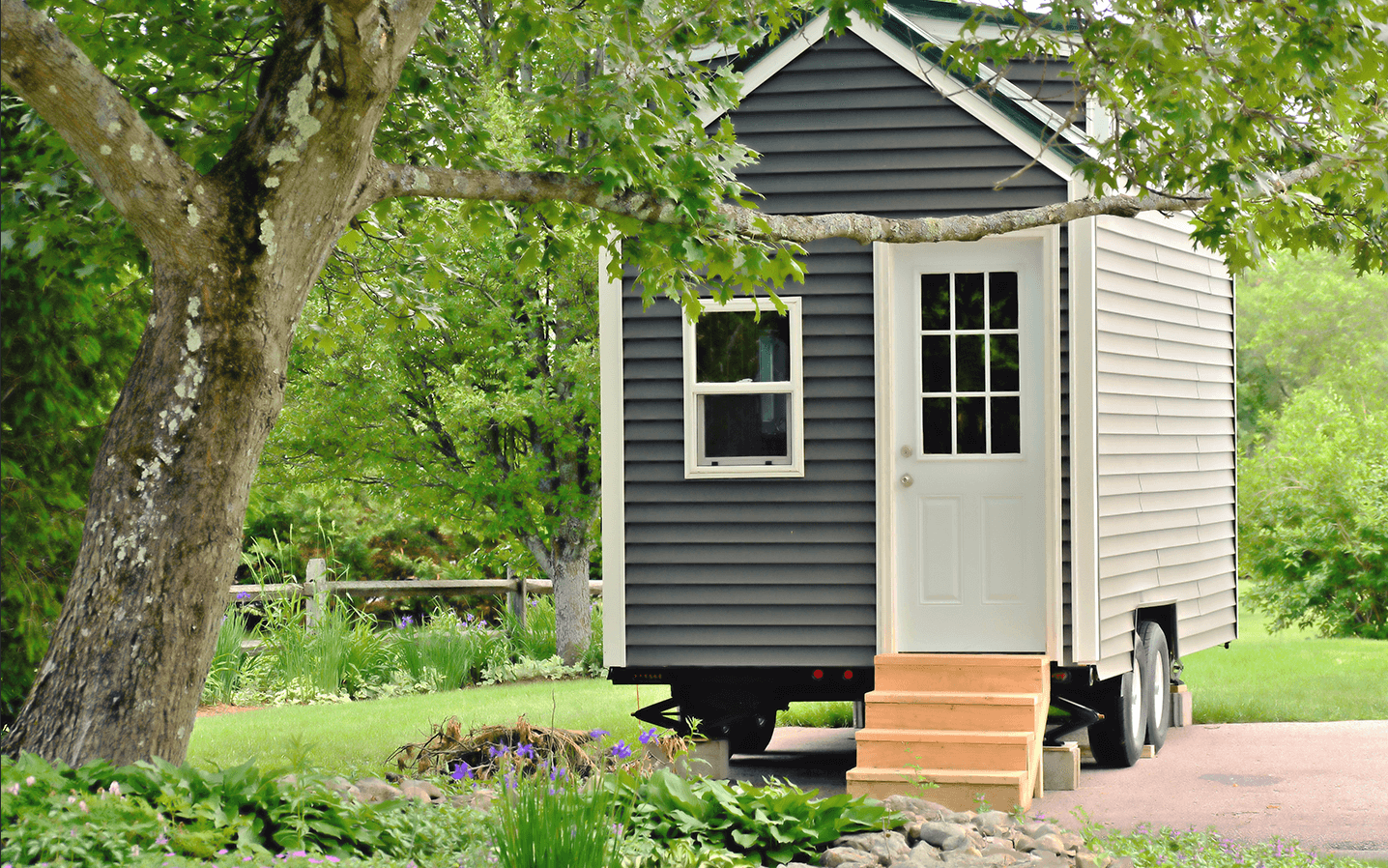
American Dream Fading as 75% of U.S. Homes Out of Reach for Middle Class
The Unaffordable Neighborhood: 75% of Homes Out of Reach for Middle-Income Buyers
A recent report from the National Association of Realtors and Realtor.com paints a dire picture: over 75% of homes on the market are now too expensive for middle-income buyers. According to the report, those earning up to $75,000 per year could afford just 23% of all listed properties in the U.S. This is a steep decline from five years ago, when 50% of listings were within the reach of middle-income earners.
“Even with the current level of listings, the housing affordability and shortage issues wouldn’t be so severe if there were enough homes for all price ranges,” says Nadia Evangelou, a senior economist at NAR.
Zillow’s Response: The 1% Down Payment Program
Real estate marketplace Zillow has taken an unusual step by introducing a 1% down payment option in hopes of making private ownership of properties a realistic option for the majority of Americans.
But amid a market where over 75% of homes are unaffordable for middle-income buyers, the efficacy of such an offering remains to be seen. With soaring mortgage rates, a scarcity of inventory, and corporate dominance making headlines, Zillow’s initiative brings hope and questions.
Zillow is an online real estate marketplace that allows users to browse property listings and offers various tools and resources for buyers, sellers, and renters.
Initially available only in Arizona, Zillow’s 1% down payment offering is an attempt to make homeownership more accessible, especially in a market primarily dominated by large corporations and afflicted by skyrocketing mortgage rates. Zillow’s analysis shows that for a homebuyer aiming to purchase a $275,000 home in Phoenix, Arizona, the 1% down payment option would reduce the saving period for the down payment to just 11 months.
While this is a promising start, the offering has its caveats. Smaller down payments result in larger monthly mortgage payments, thanks to the necessity of borrowing more.
The Mortgage Rate Monster: A Stumbling Block for Affordability
With 30-year fixed mortgage rates now firmly above 7%, the average monthly payment has soared, adding an extra $1,000 to the cost of owning a median-priced home. According to Redfin’s chief economist, rates are unlikely to dip below 6% by the end of the year, creating a challenging environment for both buyers and sellers.
Existing homeowners, many of whom financed their properties during the last decade’s ultra-low interest rates, are also hesitant to list their homes, further contributing to an already strained inventory.
Regional Disparities and Future Projections
Affordable housing varies dramatically by location. The metropolitan areas with the most affordable housing are in Ohio, while cities like El Paso, Texas; Boise, Idaho; and Spokane, Washington, are struggling with few affordable listings. The overall outlook suggests an inventory shortage that could persist for years, exacerbating the crisis.
Making the housing crisis worse, the median income for cities such as El Paso is barely above the poverty level, with annual incomes in the range of $24,000. Meanwhile, cities such as San Francisco and Manhattan are seeing rent prices soar to stratospheric levels, with monthly payments above $4,000 becoming increasingly common.
“Our country needs to add at least two affordable homes for middle-income buyers for every home listed for upper-income buyers,” notes Evangelou.
Zillow’s Changing Role: More than Just a Listing Platform
Zillow’s new 1% down payment option comes as part of its transformation into a one-stop-shop for homebuyers, offering services that range from real estate agent access to home loans underwritten by the company itself. This strategic shift follows the shutdown of Zillow’s home-flipping venture due to substantial losses.
Zillow’s 1% down payment option offers a small glimmer of hope in an otherwise grim housing market. Yet, this offering doesn’t solve the larger, systemic problems: corporate dominance, mortgage rates at two-decade highs, and a critical lack of affordable inventory. As Zillow evolves to adapt to this troubling landscape, the industry and consumers alike will watch keenly to see whether this initiative can be a stepping stone to broader solutions—or merely a band-aid on a deepening wound.
The solution to unaffordable housing is elusive. Market forces are increasingly encouraging corporate ownership of private property, making private ownership impossible for most Americans. Yet, there is no appetite among the political class to take on the powerful interests that also fund officeholders’ careers. Worse, an entire generation of younger prospective homebuyers are locked out of the housing market – and forced to rent their homes instead. This practice allows the corporate owners of properties to take even more wealth from the public.
Union members and unified workplaces offer some protection from the affordable housing crisis. Union members enjoy much more stable and secure jobs, allowing a more steady and reliable income. Moreover, union members out-earn comparable workers in non-union workplaces by as much as 21%. Such factors help union workers pay higher home prices and meet the higher monthly costs. Yet, without significant reform or a potentially devastating market correction, home ownership is likely to become a relic of a previous era.
Related News
United Ground Express Negotiations Update (23 June 2025)
Over the week of June 16—20, our IAM District 141 negotiating team met in Chicago with United Ground Express management. We worked to advance the remaining sections of our first collective-bargaining agreement. We are pleased to report continued forward movement and...
United Airlines Negotiations Update 17 June
Last week in Chicago, our IAM District 141 team met with United management to resume work on all seven collective-bargaining agreements. The Fleet Technical Instructor (FTI) and Security Officer sub-committees were also present and submitted updated proposals.United...
Four Tips for Writing (and Winning) Scholarship Essay Contests
Four Tips for Writing (and Winning) Scholarship Essay ContestsYou don’t need to be the best writer in the world to win a scholarship. You just need to follow a few smart rules, speak from the heart, and—this part is important—show up. Here are four ways to give...
Stay up to date with all the latest news and information from the Machinists Union

American Dream Fading as 75% of U.S. Homes Out of Reach for Middle Class
August 27, 2023
The Unaffordable Landscape: 75% of Homes Out of Reach for Middle-Income Buyers
A recent report from the National Association of Realtors and Realtor.com paints a dire picture: over 75% of homes on the market are now too expensive for middle-income buyers. According to the report, those earning up to $75,000 per year could afford just 23% of all listed properties in the U.S. This is a steep decline from five years ago, when 50% of listings were within the reach of middle-income earners.
“Even with the current level of listings, the housing affordability and shortage issues wouldn’t be so severe if there were enough homes for all price ranges,” says Nadia Evangelou, a senior economist at NAR.
Zillow’s Response: The 1% Down Payment Program
Real estate marketplace Zillow has taken an unusual step by introducing a 1% down payment option in hopes of making private ownership of properties a realistic option for the majority of Americans.
But amid a market where over 75% of homes are unaffordable for middle-income buyers, the efficacy of such an offering remains to be seen. With soaring mortgage rates, a scarcity of inventory, and corporate dominance making headlines, Zillow’s initiative brings hope and questions.
Zillow is an online real estate marketplace that allows users to browse property listings and offers various tools and resources for buyers, sellers, and renters.
Initially available only in Arizona, Zillow’s 1% down payment offering is an attempt to make homeownership more accessible, especially in a market primarily dominated by large corporations and afflicted by skyrocketing mortgage rates. Zillow’s analysis shows that for a homebuyer aiming to purchase a $275,000 home in Phoenix, Arizona, the 1% down payment option would reduce the saving period for the down payment to just 11 months.
While this is a promising start, the offering has its caveats. Smaller down payments result in larger monthly mortgage payments, thanks to the necessity of borrowing more.
The Mortgage Rate Monster: A Stumbling Block for Affordability
With 30-year fixed mortgage rates now firmly above 7%, the average monthly payment has soared, adding an extra $1,000 to the cost of owning a median-priced home. According to Redfin’s chief economist, rates are unlikely to dip below 6% by the end of the year, creating a challenging environment for both buyers and sellers.
Existing homeowners, many of whom financed their properties during the last decade’s ultra-low interest rates, are also hesitant to list their homes, further contributing to an already strained inventory.
Regional Disparities and Future Projections
Affordable housing varies dramatically by location. The metropolitan areas with the most affordable housing are in Ohio, while cities like El Paso, Texas; Boise, Idaho; and Spokane, Washington, are struggling with few affordable listings. The overall outlook suggests an inventory shortage that could persist for years, exacerbating the crisis.
Making the housing crisis worse, the median income for cities such as El Paso is barely above the poverty level, with annual incomes in the range of $24,000. Meanwhile, cities such as San Francisco and Manhattan are seeing rent prices soar to stratospheric levels, with monthly payments above $4,000 becoming increasingly common.
“Our country needs to add at least two affordable homes for middle-income buyers for every home listed for upper-income buyers,” notes Evangelou.
Zillow’s Changing Role: More than Just a Listing Platform
Zillow’s new 1% down payment option comes as part of its transformation into a one-stop-shop for homebuyers, offering services that range from real estate agent access to home loans underwritten by the company itself. This strategic shift follows the shutdown of Zillow’s home-flipping venture due to substantial losses.
Zillow’s 1% down payment option offers a small glimmer of hope in an otherwise grim housing market. Yet, this offering doesn’t solve the larger, systemic problems: corporate dominance, mortgage rates at two-decade highs, and a critical lack of affordable inventory. As Zillow evolves to adapt to this troubling landscape, the industry and consumers alike will watch keenly to see whether this initiative can be a stepping stone to broader solutions—or merely a band-aid on a deepening wound.
The solution to unaffordable housing is elusive. Market forces are increasingly encouraging corporate ownership of private property, making private ownership impossible for most Americans. Yet, there is no appetite among the political class to take on the powerful interests that also fund officeholders’ careers. Worse, an entire generation of younger prospective homebuyers are locked out of the housing market – and forced to rent their homes instead. This practice allows the corporate owners of properties to take even more wealth from the public.
Union members and unified workplaces offer some protection from the affordable housing crisis. Union members enjoy much more stable and secure jobs, allowing a more steady and reliable income. Moreover, union members out-earn comparable workers in non-union workplaces by as much as 21%. Such factors help union workers pay higher home prices and meet the higher monthly costs. Yet, without significant reform or a potentially devastating market correction, home ownership is likely to become a relic of a previous era.
Related
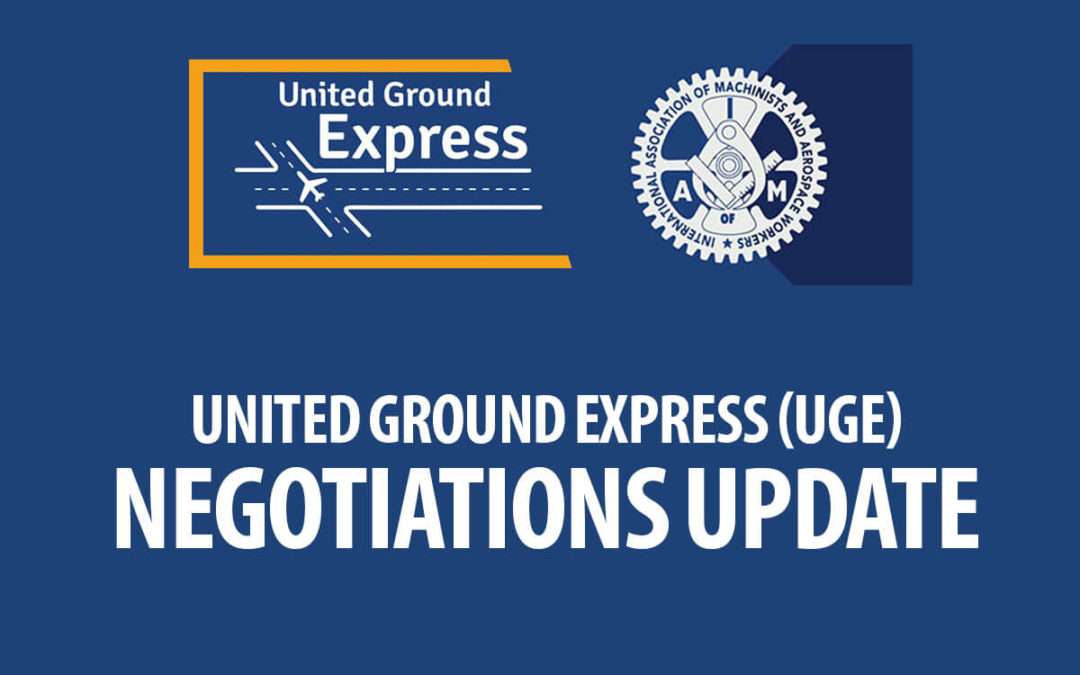
United Ground Express Negotiations Update (23 June 2025)
Over the week of June 16—20, our IAM District 141 negotiating team met in Chicago with United Ground Express management. We worked to advance the remaining sections of our first collective-bargaining agreement. We are pleased to report continued forward movement and...
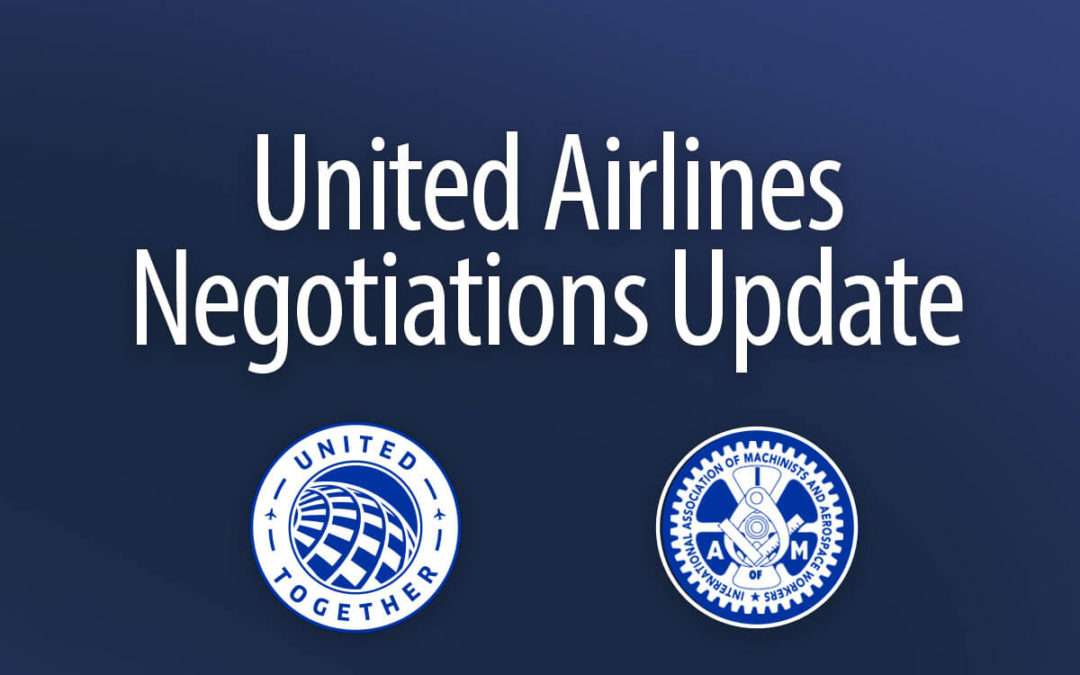
United Airlines Negotiations Update 17 June
Last week in Chicago, our IAM District 141 team met with United management to resume work on all seven collective-bargaining agreements. The Fleet Technical Instructor (FTI) and Security Officer sub-committees were also present and submitted updated proposals.United...

Four Tips for Writing (and Winning) Scholarship Essay Contests
Four Tips for Writing (and Winning) Scholarship Essay ContestsYou don’t need to be the best writer in the world to win a scholarship. You just need to follow a few smart rules, speak from the heart, and—this part is important—show up. Here are four ways to give...



